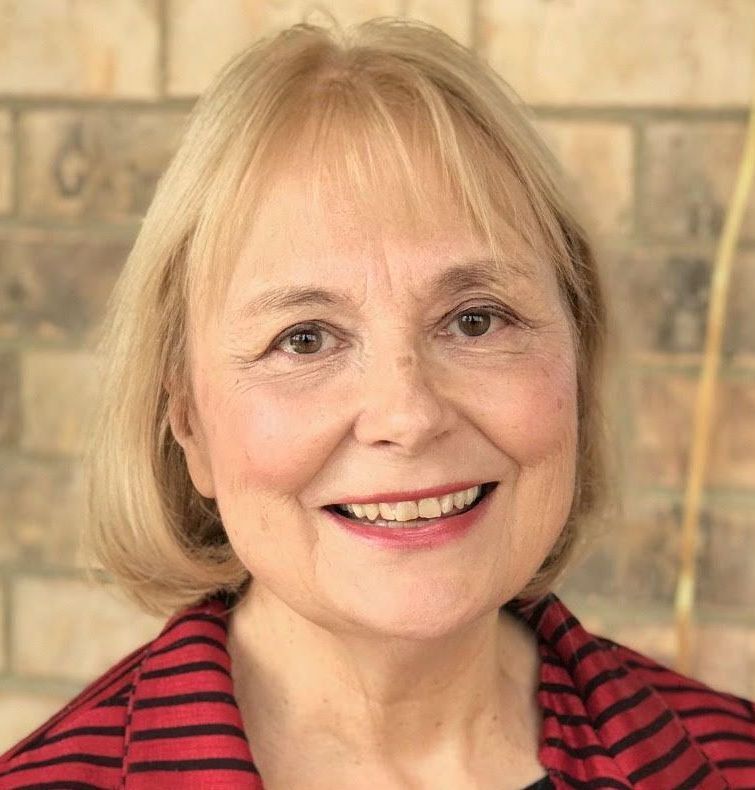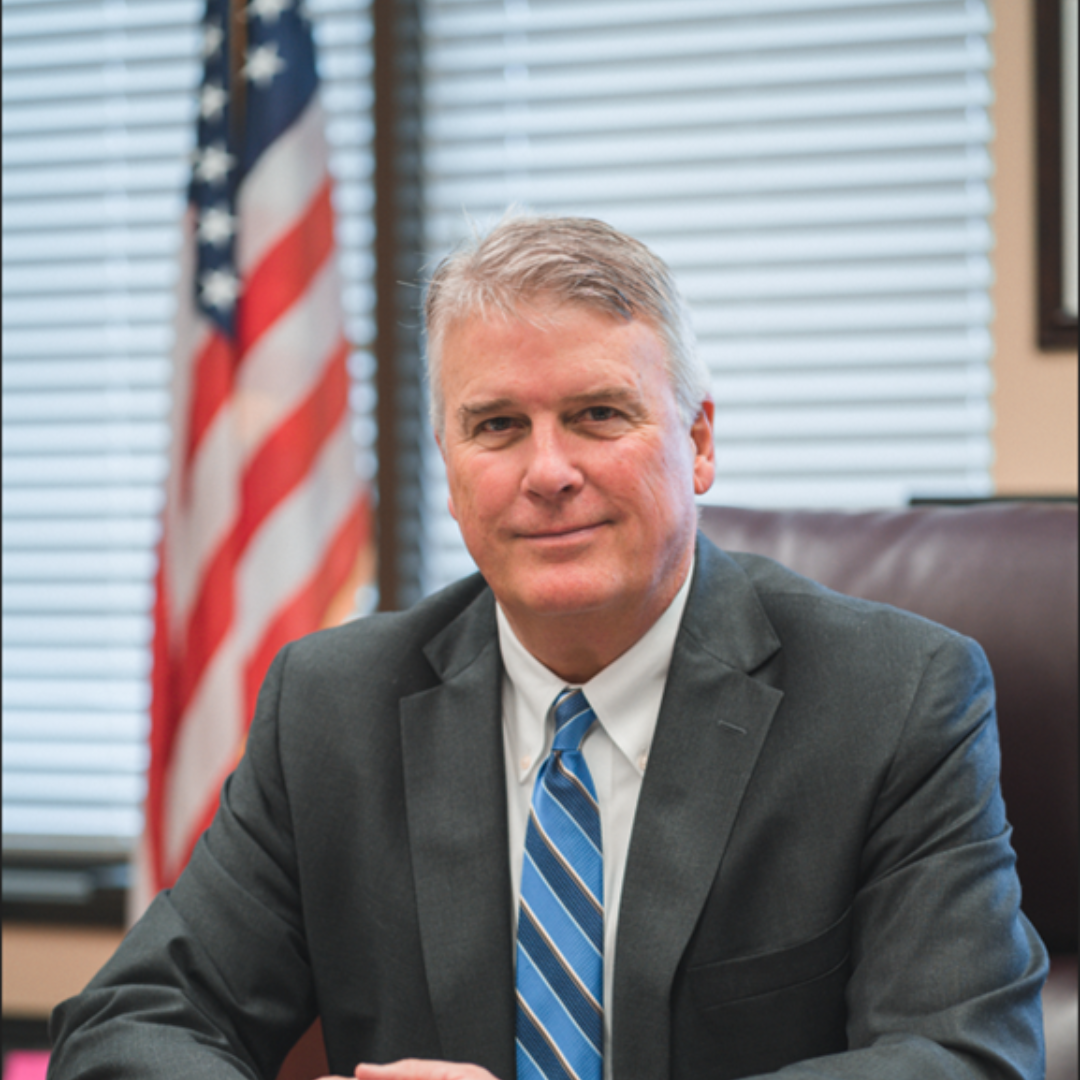Why Every Community Needs a Civic Facilitator
Facilitating Productive Community Conversations
In every community, leadership is about more than making decisions—it’s about bringing people together to address complex challenges and discover shared opportunities. True leadership doesn’t shy away from conflict or disagreement; it embraces them as essential parts of growth and progress. But turning those moments into something productive takes more than good intentions. It requires thoughtful processes, clear communication, and the courage to have difficult conversations.
That’s where a
civic facilitator comes in. In councils, boards, nonprofits, and civic organizations of all kinds, a skilled facilitator helps create what I call
ideastructure: the framework that transforms disagreement into progress, complexity into clarity, and division into connection. Their role is to foster engagement, build trust, and ensure that conversations—even the toughest ones—move toward shared understanding and meaningful outcomes.
Five reasons why every community needs a civic facilitator
1. Democracy Requires Disagreement—Productive Disagreement
Healthy communities don’t avoid disagreement—they thrive on it. Governing bodies, whether town councils or school boards, are built to serve as forums for diverse perspectives. These forums exist not to smooth over differences but to explore them in ways that lead to better decisions. However, productive disagreement doesn’t happen by accident.
A civic facilitator sets the conditions for success by creating processes that turn disagreement into a strength. They help leaders and participants focus on common goals rather than personal agendas and keep conversations on track toward meaningful outcomes.
When handled well, disagreement isn’t something to fear. It becomes the source of innovation and creativity—fueling progress and building stronger, more resilient communities.
2. Addressing Complex and Immediate Issues Thoughtfully
Communities and organizations often find themselves facing urgent, sensitive issues. These may be debates about public policy, funding priorities, or social challenges that impact people’s lives directly. The intensity of these issues can quickly overwhelm even the best-intentioned leaders, turning productive conversations into chaotic and contentious ones.
A civic facilitator brings calm and focus to these moments. By guiding courageous conversations with empathy and purpose, they help participants confront difficult topics in ways that encourage solutions rather than divisions.
Whether it’s a school board discussing equity and resources or a nonprofit addressing community needs, facilitators help organizations avoid reactionary decision-making and instead engage in thoughtful, inclusive dialogue.
3. Fostering Connection, Respect, and Inclusivity
One of the most powerful outcomes of facilitation is connection. People need to feel heard and respected—especially in contentious or emotional discussions. When leaders prioritize listening and inclusivity, they create a culture where trust can grow.
Civic facilitators help ensure that every voice is given space and value. They design conversations that allow stakeholders—whether they are residents in a town hall meeting or board members making policy decisions—to participate meaningfully.
Respect and connection don’t eliminate conflict, but they make it far more productive. When people feel that their perspectives are respected, they are more open to hearing others, finding common ground, and working toward shared solutions.
4. Maintaining a Long-Term Vision
Not every issue can—or should—be resolved quickly. The greatest opportunities for collaboration and community building often require sustained effort over years or even decades. Long-term projects—like strategic planning, infrastructure improvements, or educational initiatives—demand not just vision but also continuous alignment and collaboration.
A civic facilitator helps communities and organizations stay focused on their big-picture goals while managing the short-term pressures of daily decision-making. They keep stakeholders engaged, aligned, and motivated to keep moving forward, even when the road gets difficult.
This long-term perspective builds resilience. It ensures that communities can adapt to changing circumstances without losing sight of their shared aspirations.
5. Living Up to the Ideal of Being “Indivisible”
In the Pledge of Allegiance, we commit ourselves to the idea of being “indivisible.” But in practice, remaining united—especially in times of deep disagreement—takes intentional effort. Being indivisible doesn’t mean avoiding conflict; it means choosing to work together despite our differences.
A civic facilitator helps communities live up to that promise. They remind us that courageous conversations can be the foundation for unity, not division. They show us how to move beyond blame and frustration toward trust, shared understanding, and collective action.
The goal isn’t to avoid disagreement—it’s to harness it. Even when communities don’t see eye to eye, they can find ways to move forward together.
Civic Facilitation Strengthens Communities
In every organization and community, there are moments of complexity and conflict that demand more than routine problem-solving. They require an approach rooted in trust, connection, and thoughtful engagement. A civic facilitator ensures those moments aren’t missed opportunities but turning points—where division becomes unity, and complexity becomes possibility.
Let’s Talk
If you’re ready to explore how facilitation can help your community, council, board, or organization bring people together and accomplish great things, let’s start that conversation. Together, we can build the ideastructure and culture of collaboration that brings people in your community together to achieve lasting connection, shared purpose, and real progress.

Kris Amundson Former Virginia State Legislator and Former Fairfax County School Board Member & Chair


CONTACT
CONNECT
Website by Right|Left Consulting & Design
© 2025 Audience Avenue LLC | Social Prosperity Partners
Skidmore College photos by Erin Covey
Fort Worth photos by the Fort Worth Portrait Project
Connect 351 photos by Krista Guenin/Krista Photography
